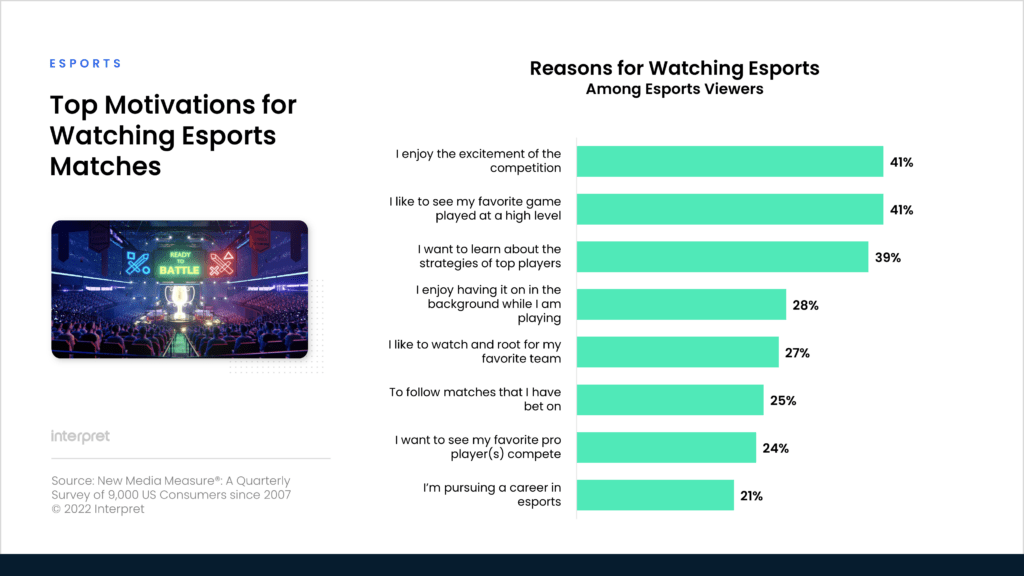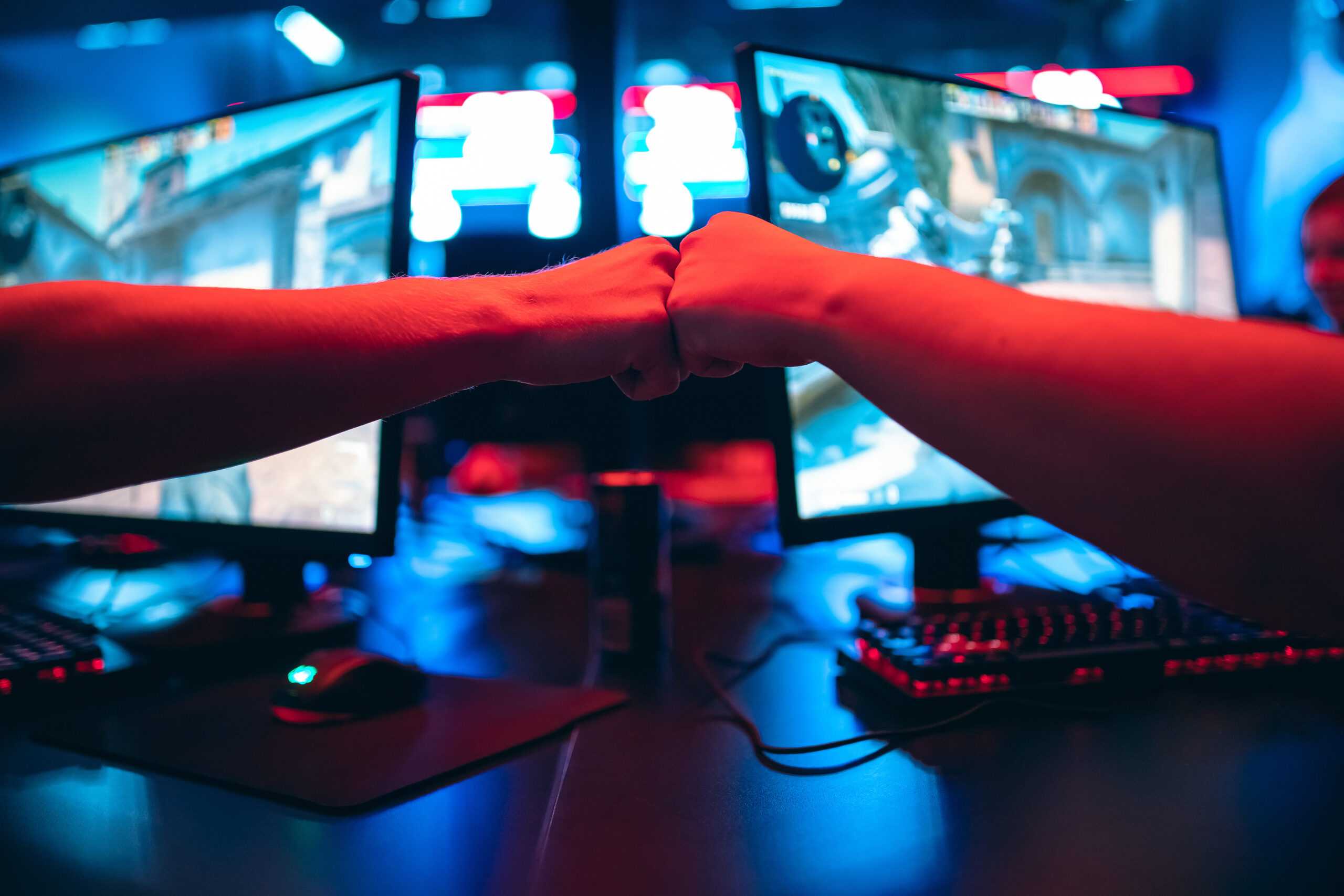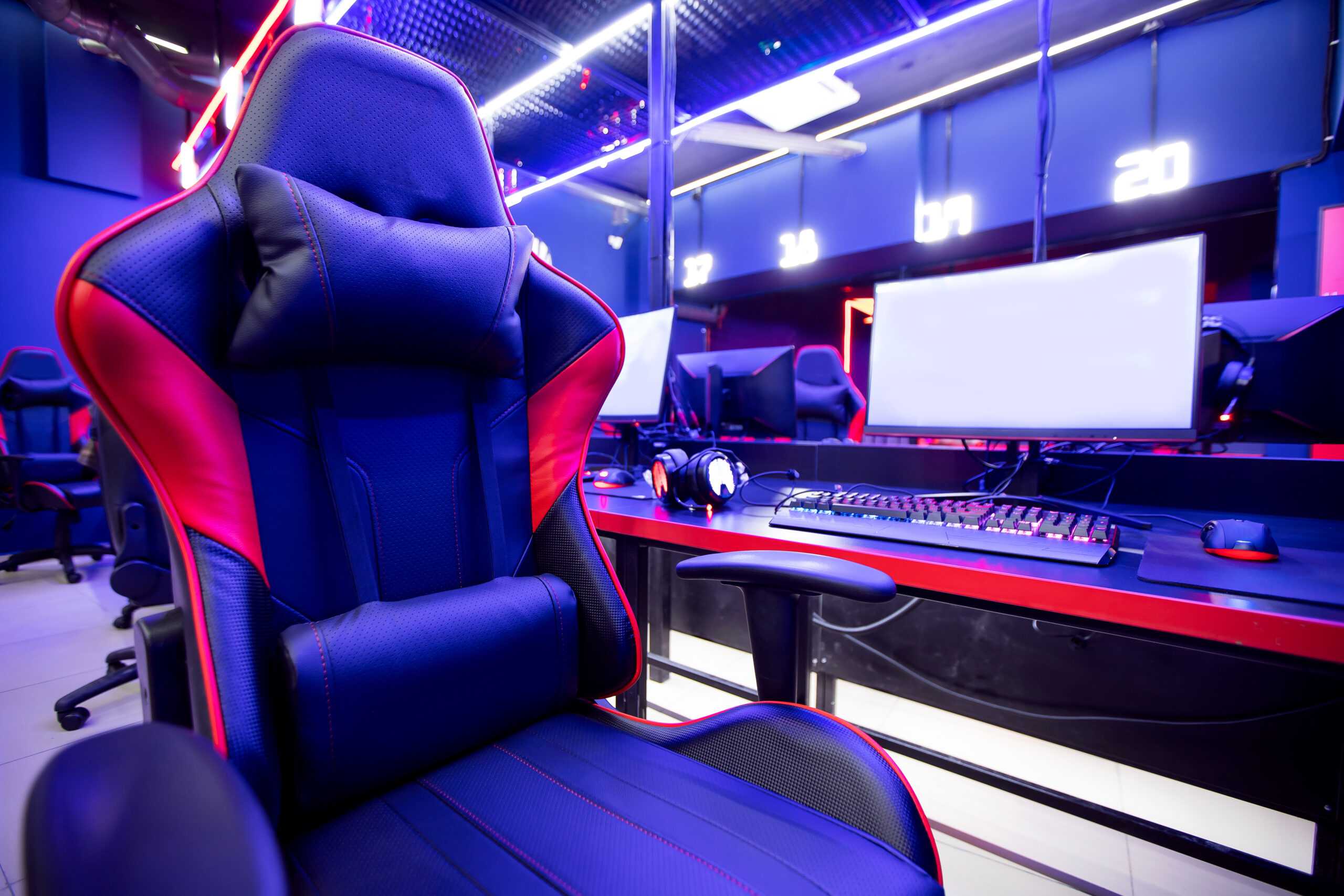As Microsoft ramps up its esports presence with a growing Halo Infinite community, the question of franchising in the esports industry has once again reared its head. While the Halo Championship Series (HCS) has taken a different approach, partnering with teams and looking to “ensure that the Halo ecosystem can give back financially to them,” many other top esports like Overwatch, Call of Duty, and League of Legends require teams to pay tens of millions of dollars to become a franchise and compete.
Some pros believe that other esports could learn from the HCS approach to the market. James “Clayster” Eubanks, a three-time Call of Duty world champion, said that HCS is “doing a lot of stuff right” and lamented the impact that franchising has had on amateur play in Activision’s esport. Eubanks told The Washington Post that the path to pro for Call of Duty has been languishing and that the amateur competitive scene for Call of Duty is “in one of the worst states it’s ever been in.” Eubanks enjoys the excitement that a more open ecosystem can bring, but he also understands that there’s little reason for a franchised team that’s paid big money to compete with amateur players.
With an open ecosystem like Riot’s Valorant or Valve’s Dota, teams can suffer from a lack of exposure, whereas in a franchised system teams can gain further marketing boosts from the publisher’s promotion for their game and league, which also opens the door to much needed sponsorship opportunities. The reality is that the optimal business model has yet to be found in esports when it comes to monetizing the competitive gaming aspect (as opposed to the complementary content creation and lifestyle branding push).
From a viewership perspective, franchising doesn’t necessarily guarantee big numbers. According to Interpret’s New Media Measure®, most esports viewers are far more interested in seeing their favorite game played at a high level and exciting competition than rooting for a specific team/franchise. While 41% of viewers state seeing their favorite game played well as a top motivator for watching, just 27% mention rooting for their favorite team.







